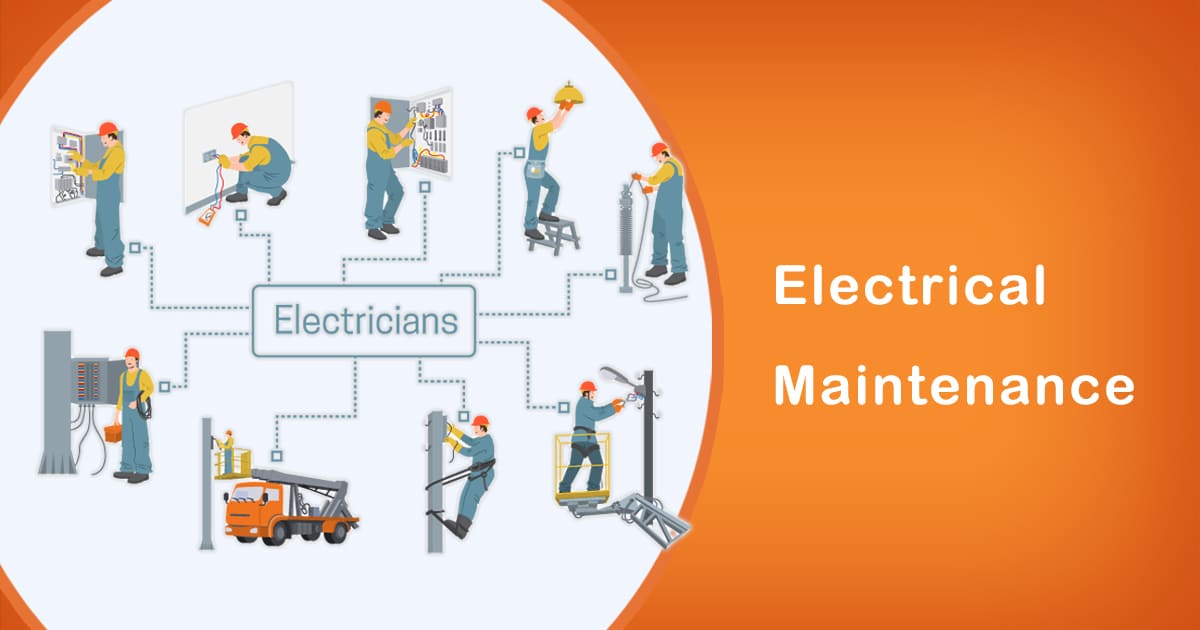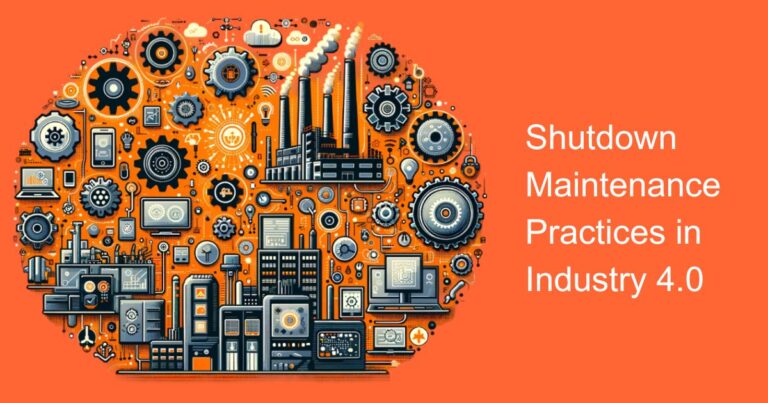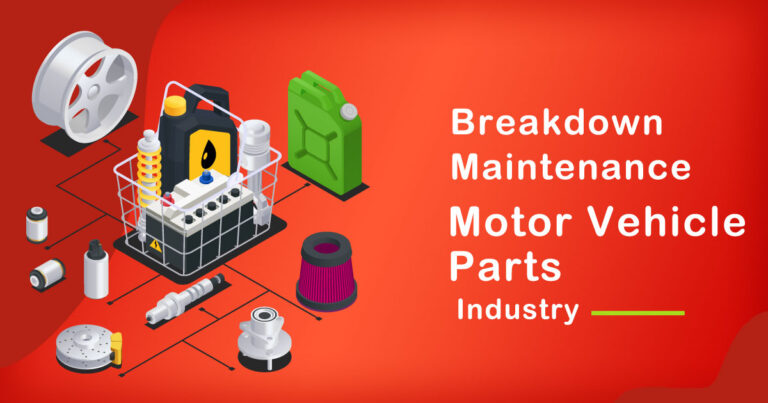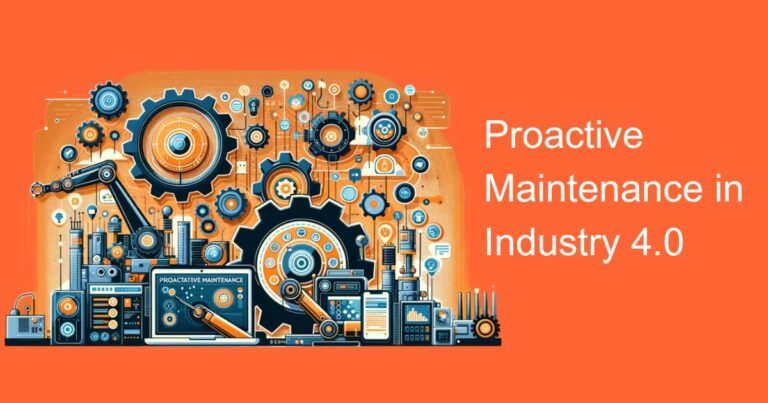Introduction
Electrical maintenance is a crucial aspect of ensuring the smooth and efficient operation of any industrial or commercial facility. It encompasses a wide range of activities that aim to preserve and extend the lifespan of electrical equipment and systems. In this blog, we will explore into the what is electrical Maintenance | Everything You Need Know, its importance, and some facts related to it in an Indian context.
What is Electrical Maintenance?
Electrical maintenance refers to the routine inspection, testing, repair, and replacement of electrical equipment and systems to ensure they are functioning correctly and safely. Electrical equipment can include anything from electrical panels, transformers, switchgear, motors, and generators to lighting systems and communication systems.
The primary objective of electrical maintenance is to identify and correct any problems that may cause equipment failure or pose a safety hazard. Regular maintenance can help prevent costly downtime, reduce the risk of accidents, and extend the life of equipment, thereby improving the overall efficiency of a facility.
Types of Electrical Maintenance
There are three main types of electrical maintenance:
1. Preventive Maintenance:
This type of maintenance involves regular inspection, cleaning, and servicing of electrical equipment to prevent any unexpected failures. It is usually performed on a schedule based on manufacturer recommendations or industry standards.
2. Predictive Maintenance:
Predictive maintenance uses data analysis techniques to identify potential issues before they occur. This is done by monitoring equipment performance and collecting data to predict when maintenance is required.
3. Corrective Maintenance
Corrective maintenance is performed when an issue has already occurred. It involves repairing or replacing faulty equipment or components to restore normal operation.
Importance of Electrical Maintenance
Electrical maintenance is crucial for the smooth and efficient operation of any facility. Here are some reasons why:
1. Safety:
Electrical equipment can pose a safety hazard if it is not properly maintained. Regular maintenance helps identify potential issues and prevent accidents.
2. Downtime Reduction:
Unexpected equipment failures can cause costly downtime. Regular maintenance can help prevent these failures and keep equipment running smoothly.
3. Equipment Life Extension:
Regular maintenance can help extend the life of electrical equipment, reducing the need for costly replacements.
4. Energy Efficiency:
Properly maintained equipment operates more efficiently, reducing energy costs and minimizing the carbon footprint of a facility.
Facts about Electrical Maintenance in India
In an Indian context, electrical maintenance is a vital aspect of industrial and commercial facilities. Here are some facts related to electrical maintenance in India:
- According to a report by the Central Electricity Authority, the average transmission and distribution losses in India were around 18.21% in 2019-20. Proper electrical maintenance can help reduce these losses and improve efficiency.
- In a survey conducted by Schneider Electric, it was found that more than 70% of Indian manufacturing units experienced downtime due to equipment failure. Regular electrical maintenance can help prevent these failures and reduce downtime.
- The Indian government has launched various initiatives to promote energy efficiency and encourage the use of renewable energy sources. Proper electrical maintenance is essential for maximizing the benefits of these initiatives.
Conclusion
In conclusion, electrical maintenance is a critical aspect of ensuring the safe and efficient operation of any facility. It helps prevent equipment failures, reduce downtime, extend the life of equipment, and improve energy efficiency. In an Indian context, electrical maintenance is essential for improving the efficiency of the power sector and reducing losses. Therefore, it is crucial for businesses and organizations to prioritize electrical maintenance to ensure smooth and efficient operations.








